Selecting the ideal mattress is a crucial decision directly impacting sleep quality and overall well-being. What are the pros and cons of a hybrid mattress? Hybrid mattresses offer a blend of memory foam and innerspring technologies, bringing together both strengths. The main advantage is their capacity to provide exceptional comfort and support. However, they have drawbacks, including a higher cost and significant weight. We'll take a closer look at the advantages and disadvantages of hybrid mattresses to help you decide if they're the right choice for you.

Pros of a Hybrid Mattress
Hybrid mattresses combine springs and foam to give you the best comfort. Let's check out the pros of choosing a hybrid mattress.
Unbeatable Comfort
Experience the amazing comfort of a hybrid mattress. It combines a soft foam top with a spring core. Hybrids are different from other mattresses. They offer the gentle support of a foam mattress and the stability and bounce of a traditional spring mattress.
You get the body-hugging comfort of a foam mattress with the bonus of motion isolation and a bit of bounce from the springs. This is perfect for those who love extra bounce in their mattress.
Excellent Cooling Performance
A notable benefit of a hybrid mattress is its ability to keep you cool. The spring core in the lower part of the mattress promotes airflow among the coils, naturally cooling the mattress surface as you rest.
In comparison, memory foam mattresses have a tendency to retain heat around your body due to their solid nature, limiting air circulation. A hybrid mattress offers an ideal solution for people who sleep in hot or reside in warmer regions.
Ideal for Every Sleeping Position
Hybrid mattresses fit all sleeping positions, catering to side, back, and stomach sleepers. This versatility contributes to their widespread popularity. The soft foam layer offers gentle support, cradling the body and alleviating pressure points.
Moreover, the innerspring core delivers robustness, support, and reactive motion. Available in various firmness options, from soft to firm, hybrids accommodate the preferences of individuals of different weights, ensuring comfortable sleep for all.
Pressure Relief
The ability of a hybrid mattress to relieve pressure on sensitive areas during sleep is a significant advantage. If you regularly wake up with achy or stiff hips and shoulders after sleeping on a traditional mattress, a hybrid option might be your solution.
The foam comfort layer in a hybrid queen mattress is notably thicker and more effective than the thin layer found in traditional spring mattresses. It absorbs pressure and conforms to the body's shape as you rest.
This unique design enables the foam to conform to pressure points such as the hips and shoulders, reducing pressure on these areas and promoting a more comfortable and rejuvenating sleep experience.
Ideal for Heavier People
Hybrid mattresses are an excellent option for individuals weighing over 250 lbs, particularly those who desire the plush comfort of memory foam.
While an all-foam mattress may not offer adequate support for heavier individuals, a high-quality hybrid addresses this concern through the robustness and stability of the innerspring core supporting the foam layer above.
Additionally, the responsive movement characteristic of hybrids is beneficial for heavier individuals. The spring core's bounce facilitates ease of movement across the mattress surface, making it simpler to adjust sleeping positions during the night.
Superb Long-Term Value
When considering the advantages and disadvantages of a hybrid mattress, the value for money is a crucial factor. Although hybrid mattresses may have a higher price tag than other models, they are an exceptional long-term investment.
High-quality hybrid mattresses exhibit impressive durability, often outlasting other mattress types and providing many years of reliable use. Investing in a hybrid mattress translates to an investment in long-term comfort and sleep quality.

Cons of a Hybrid Mattress
Now that we've covered all the advantages of a hybrid mattress let's explore the drawbacks. What are the disadvantages of choosing a hybrid mattress?
Hybrid Mattress is Heavy
Hybrid mattresses are undeniably heavy. They outweigh traditional mattresses, posing difficulties when lifting and maneuvering them around the house. It can be quite a task for a single individual to relocate and place a hybrid mattress onto a bed frame. Therefore, when purchasing one, it's advisable to have assistance available to help in lifting and positioning.
They Combine Two Types Of Mattress
Hybrid mattresses combine two types of mattress technologies, typically featuring a spring core and a foam comfort layer. This fusion offers a distinctive blend of responsive movement and gentle cushioning.
However, some may perceive this aspect of hybrid mattresses as a drawback. Suppose you strongly prefer a specific type of mattress technology, such as the soft, contouring feel of memory foam without the bounce of traditional springs. In that case, a hybrid mattress may not align with your preferences.
For instance, if you prefer the cradling comfort of memory foam and wish to avoid the resilient bounce characteristic of traditional spring mattresses, you may find a standard memory foam mattress more suitable for your needs.
They Are Expensive
Hybrid mattresses can come with a hefty price tag, often surpassing the cost of most other mattress types. This is due to incorporating two mattress technologies in one – a traditional spring core and a foam top layer. If you are working within a budget, you might find the pricing of hybrid mattresses to be high. However, it's important to note that high-quality hybrid mattresses are durable and represent a worthwhile long-term investment.
Motion Transfer in Mattresses
If you prioritize motion isolation in a twin hybrid mattress, a hybrid may not be the most suitable choice. The spring core of a hybrid provides responsive movement, resulting in a bouncy feel that some individuals perceive as a drawback of hybrid mattresses.
Alternatively, if you seek a mattress that effectively isolates motion, an all-foam mattress like memory foam might better suit your needs. All-foam mattresses excel at absorbing motion, confining it to its origin and preventing it from traveling across the mattress.
Warning Against Low-Quality Hybrids
Exercise caution when considering inexpensive, low-quality hybrid mattresses. Similar to other mattress varieties, poorly constructed hybrids on the market utilize subpar materials.
These substandard hybrids often feature inadequately built spring cores that lack durability. Additionally, their foam comfort layers utilize budget foams that are prone to premature wear and off-gassing. We recommend opting for high-quality hybrids to ensure many years of exceptional comfort and rejuvenating sleep.
Inability to Flip
One drawback of hybrid mattresses is their inability to be flipped. While seemingly straightforward, this is a crucial point to note. Many individuals enjoy the habit of occasionally flipping their traditional spring mattresses to maintain their freshness.
Hybrids always maintain a consistent top-to-bottom orientation, with the spring core always positioned underneath the mattress and the foam comfort layer on top. However, it is possible to rotate the mattress periodically so that the head becomes the foot and vice versa. Blissful Nights is here to assist if you are considering enhancing your bedroom with a new mattress or furniture. Our wide selection includes various mattresses and adjustable bases. Discover our comprehensive collection and find the hybrid mattress options perfectly suited to your preferences.
FAQs About Pros and Cons of a Hybrid Mattress
What is a hybrid mattress?
A hybrid mattress combines two mattress technologies: an innerspring base and a foam comfort layer. These mattresses offer versatility, blending the springs' responsive movement with the foam's soft cushioning.
They are ideal for combination sleepers, catering to back, side, and stomach sleepers by striking a perfect balance between the springs' bounce and the foam's gentle cushioning. Available in various firmness levels, hybrid mattresses accommodate all body shapes and sizes. They are especially ideal for heavier individuals who desire the plush comfort of memory foam alongside the sturdy support of a spring base. For more information, see " What Is a Hybrid Mattress?".
How long do hybrid mattresses last?
On average, a hybrid mattress typically lasts between 7 to 10 years, although the materials' quality can influence the durability. For instance, a budget-friendly mattress with minimal foam support may exhibit signs of wear and tear within approximately six years. For more information, see "How Long Do Hybrid Mattresses Last?".
What is the difference between a hybrid mattress and a foam mattress?
A hybrid mattress blends the support provided by innerspring coils with the comfort offered by foam layers, achieving a harmonious balance between responsiveness and contouring. On the other hand, a foam mattress, whether memory foam or polyfoam, provides a more pronounced contouring feel and pressure relief without the use of coils. Each type has its unique characteristics to consider based on individual sleep preferences and needs. For more information, see "Hybrid vs Foam Mattress".


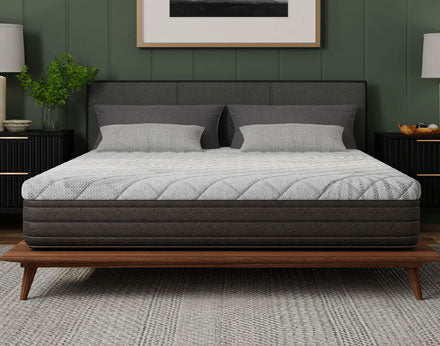

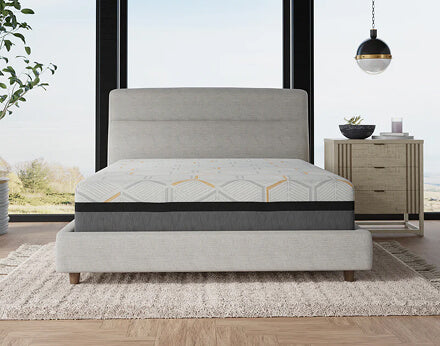


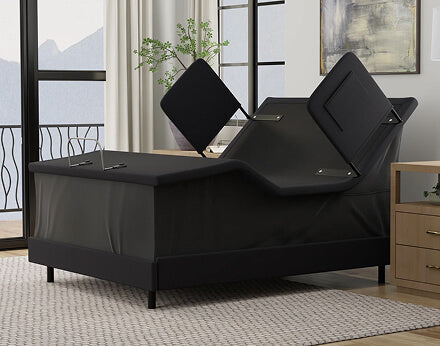



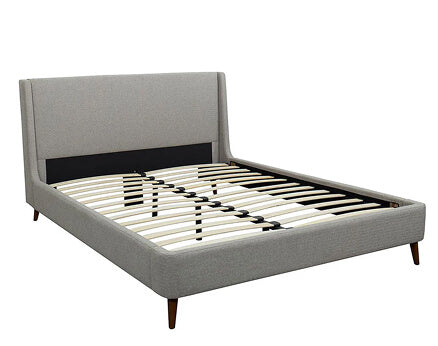
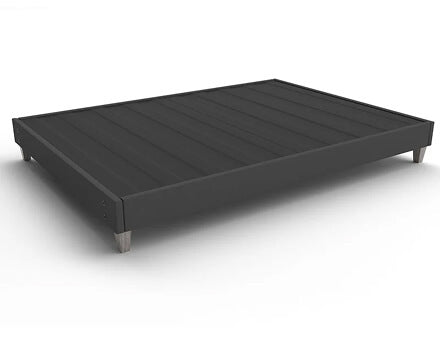
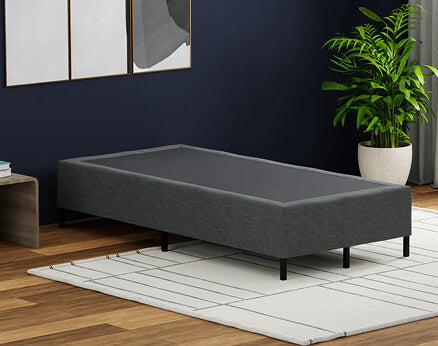

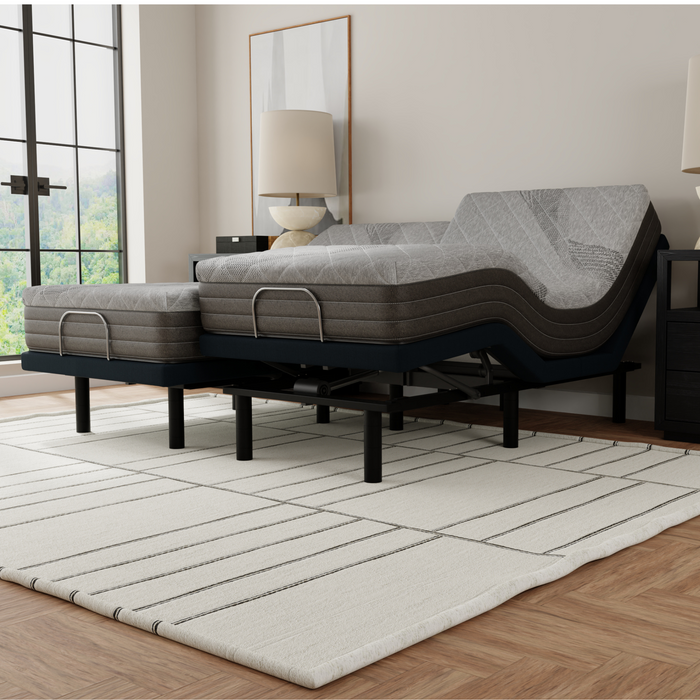
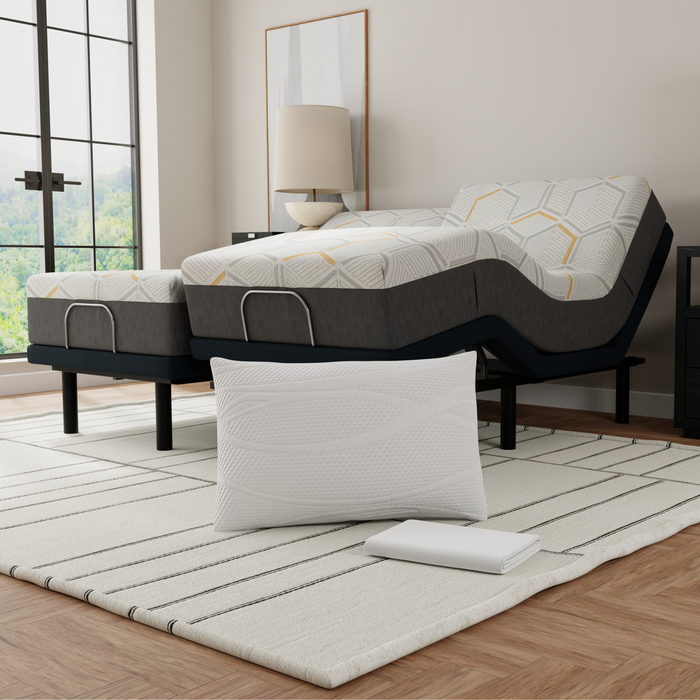
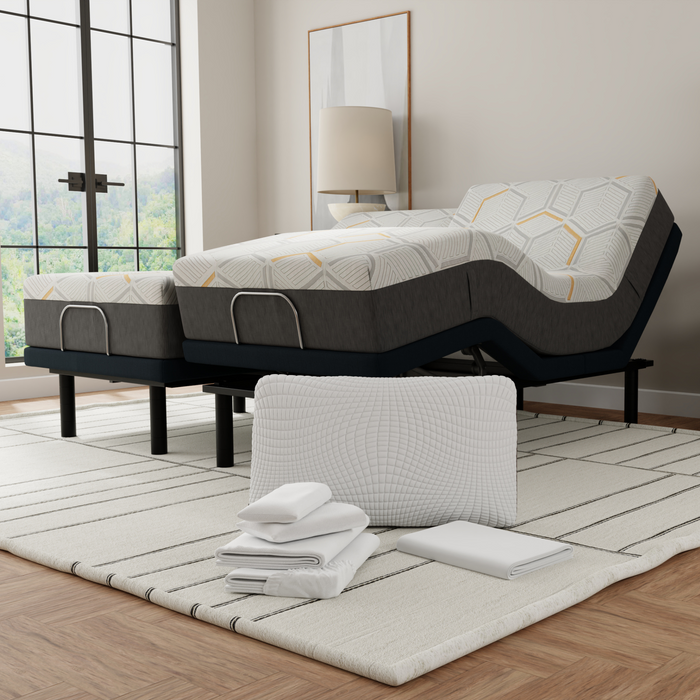
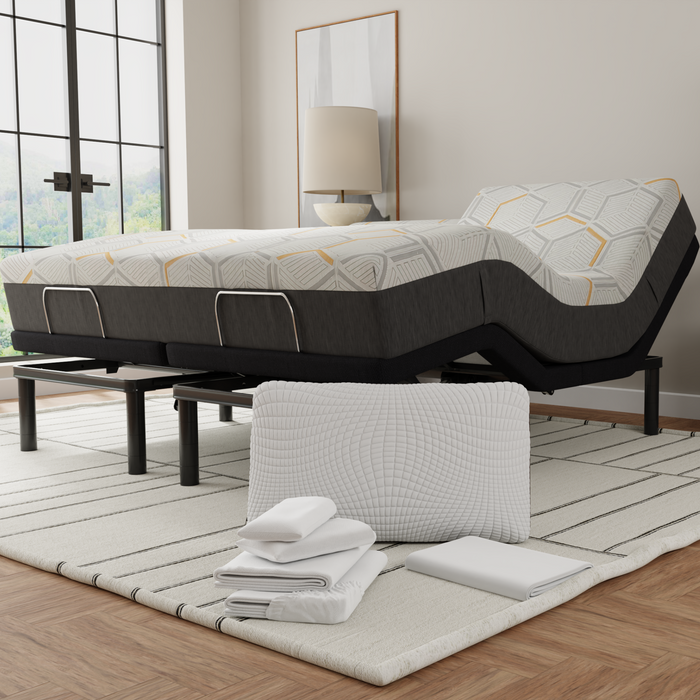
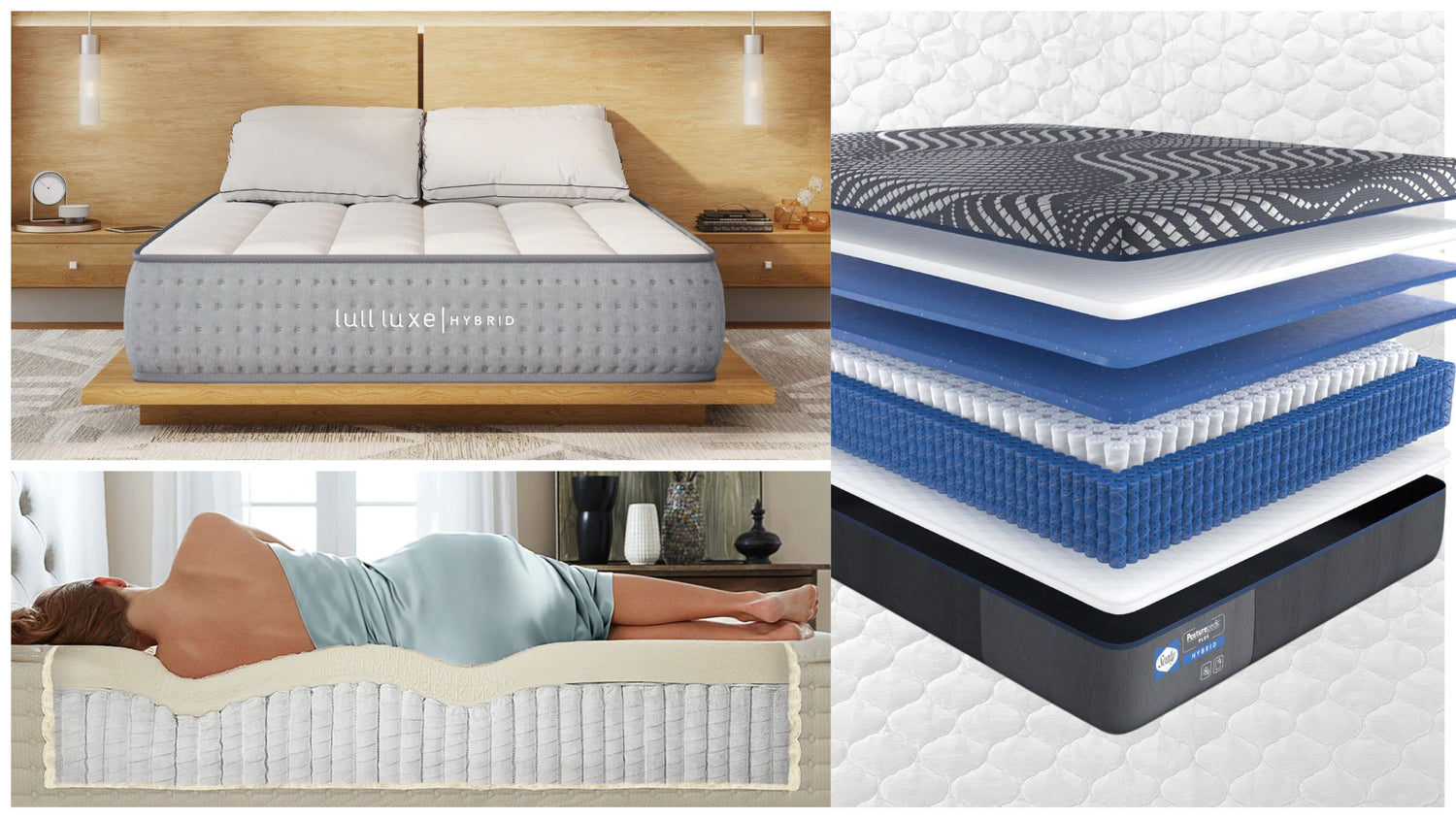
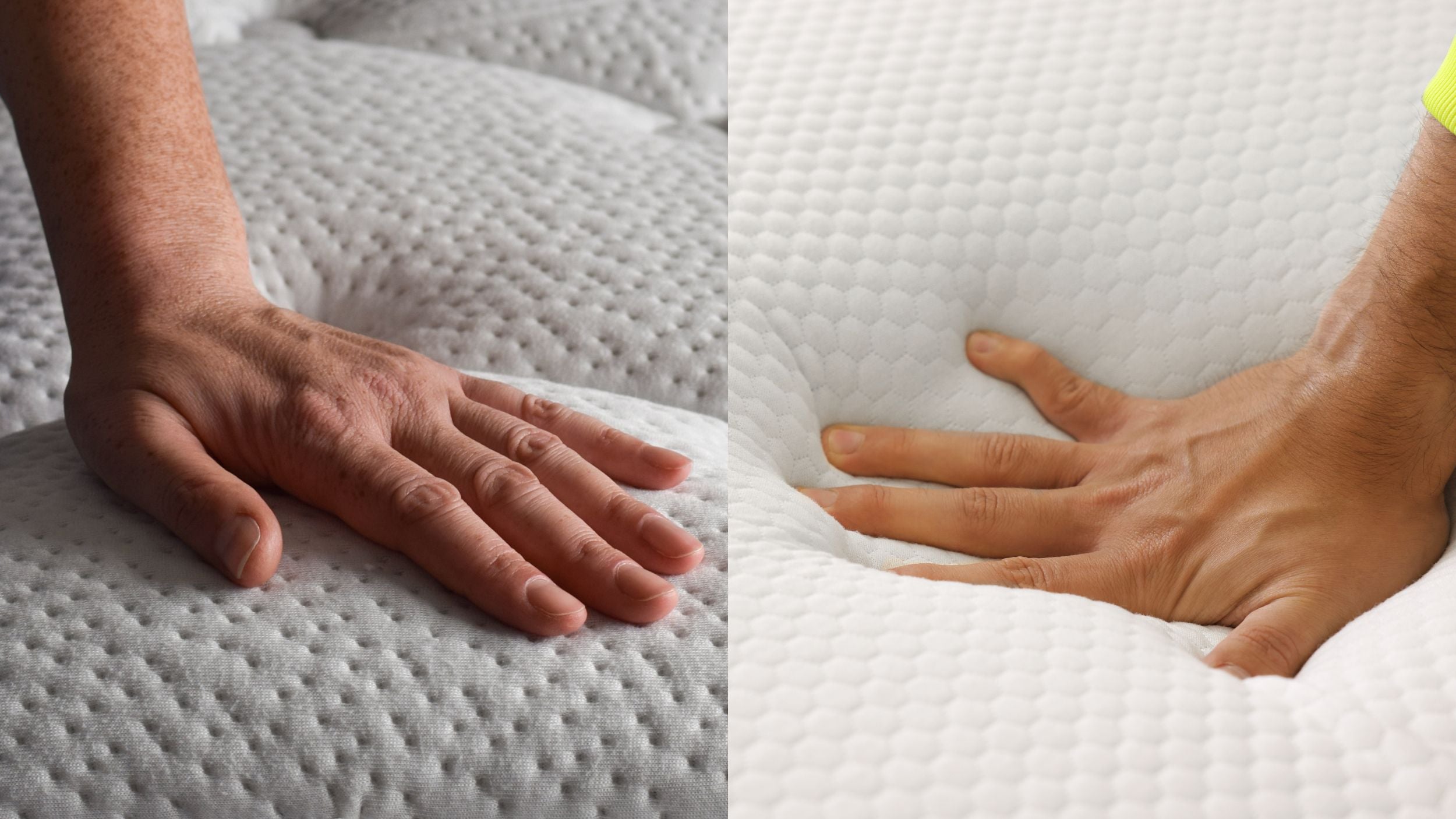
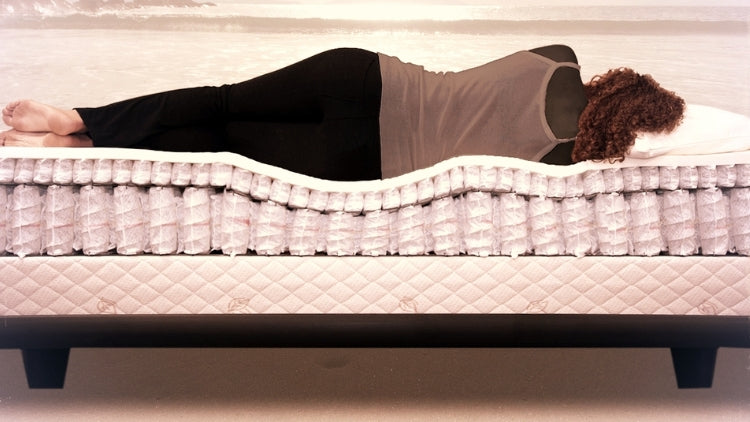
Leave a comment
This site is protected by hCaptcha and the hCaptcha Privacy Policy and Terms of Service apply.